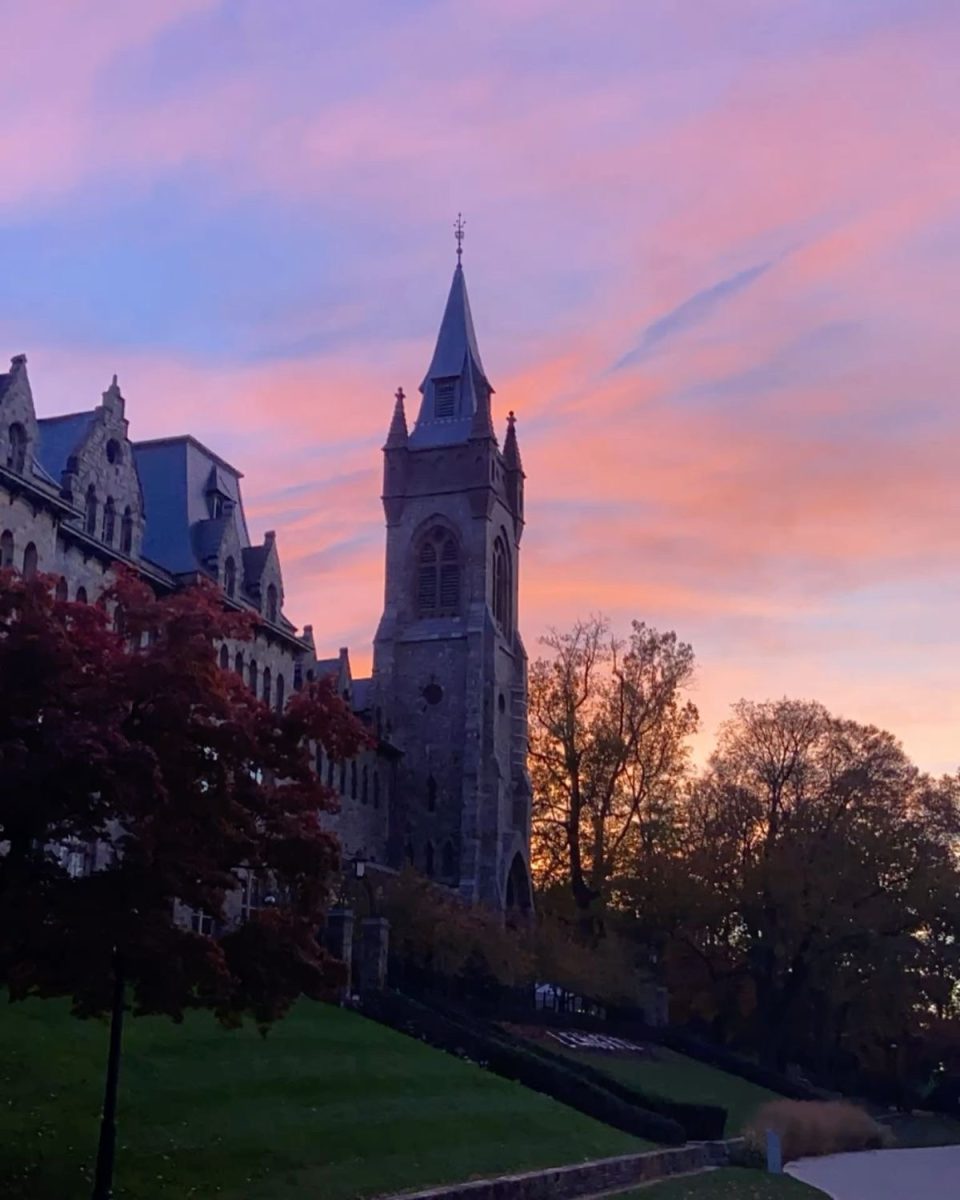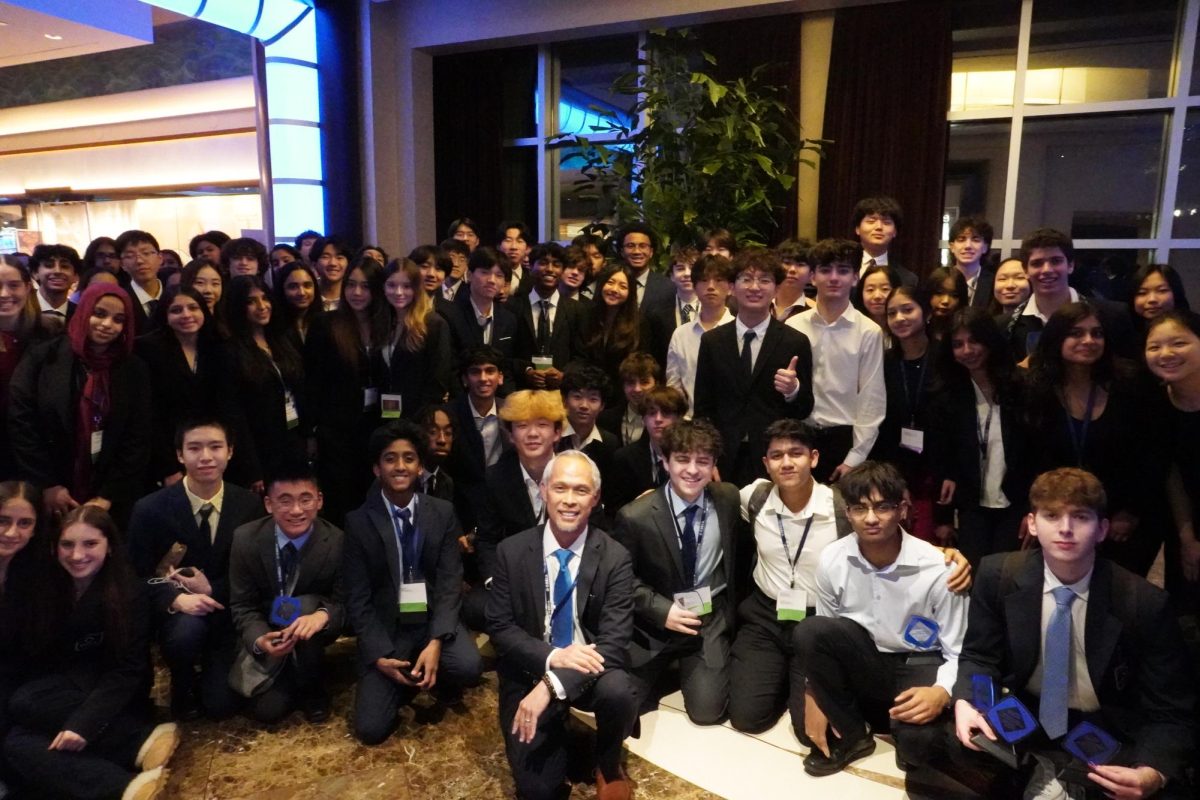For most students in the U.S., the Vietnam War is a lesson in history class, often taught through the American perspective. But for BCA’s Mr. Lancaster, the war became more than a textbook chapter in 2021 when he spent four months in Vietnam as a Fulbright scholar.
The Fulbright Program is a U.S. government-funded scholarship that gives grants to teachers, students, and researchers to conduct research abroad. His goal—to investigate the key differences between how the Vietnam War (known in Vietnam as the Resistance War against America) is taught in high schools in the United States versus in Vietnam.
Along the way, he immersed himself in Vietnamese culture and language, navigated the country’s chaotic traffic, and became a (technically) undefeated MMA fighter. Ultimately, however, what impacted him the most was seeing firsthand how war isn’t just a thing to be studied, but rather something that people live with every day.
Mr. Lancaster first found out about the Fulbright program from a former student who asked for help with her own application. It wasn’t until later, on a sick day, that he decided to apply himself—writing his own 50-ish page research proposal in almost one sitting.
The idea for his research project came from Mr. Lancaster’s own personal history: he nearly enlisted in the military in high school, but chose not to. Years later, as a history teacher, he became interested in how war and education relate. “The United States is unique in the sense that besides the War of 1812 there’s never been a full fledged war on American soil,” he said. “And so I was curious to see how war that happened within the country would impact how people remember it and what’s taught about it.”
His biggest takeaway? In Vietnam, this war is still a contemporary event. Certain chemicals, such as “Agent Orange,” used during the war still cause birth defects. There are still thousands of unexploded ordnances, or bombs, in the soil that explode and kill people every year. There are a multitude of organizations within Vietnam, solely dedicated to the physical clean up of all of these ordnances—almost 50 years later.
Mr Lancaster connects this to a broader historical context. “For a lot of historical and ongoing wars, whether it be Ukraine and Russia or Palestine and Israel,” he said, “once the war ends—it’s not over. There’s still going to be a much longer legacy of trying to get that back to what it was prior to the war.”
When comparing how the war is taught in the U.S. versus Vietnam, the differences were striking. In nearly a dozen U.S. states, teaching the Vietnam War isn’t even a requirement, whereas in Vietnam, it’s a core part of the curriculum. Vietnamese textbooks also cover other aspects of American history—such as the Civil and Revolutionary Wars—but in the U.S., Vietnam is typically only mentioned in the context of the Vietnam War.
In the U.S., the focus is on how the war divided America—protests, the draft, the loss of American lives. But in Vietnam, the war was devastating on a much larger scale. Millions of Vietnamese people died, and their land was physically scarred. As a history teacher, Mr. Lancaster observed, “It’s kind of a weird gap to talk about the Vietnam War and not hear the Vietnamese voice.” After all, those were the people most affected by it, still living with its consequences every day. Ignoring full histories can lead to dangerous misconceptions, yet in American classrooms, the Vietnamese perspective is often reduced to a footnote—or omitted entirely. This realization has shaped Mr. Lancaster’s personal teaching philosophy: “Trying to center more those most affected by historical events.”
April 30 is the 50th anniversary of the end of the Vietnam War, or the Resistance War against America, depending on what high school classroom you’re sitting in. Mr. Lancaster’s experiences and insights from his research in Vietnam emphasize a crucial point that transcends any specific war or conflict: “Simply because people are not American does not make them any less worthy of empathy.”






